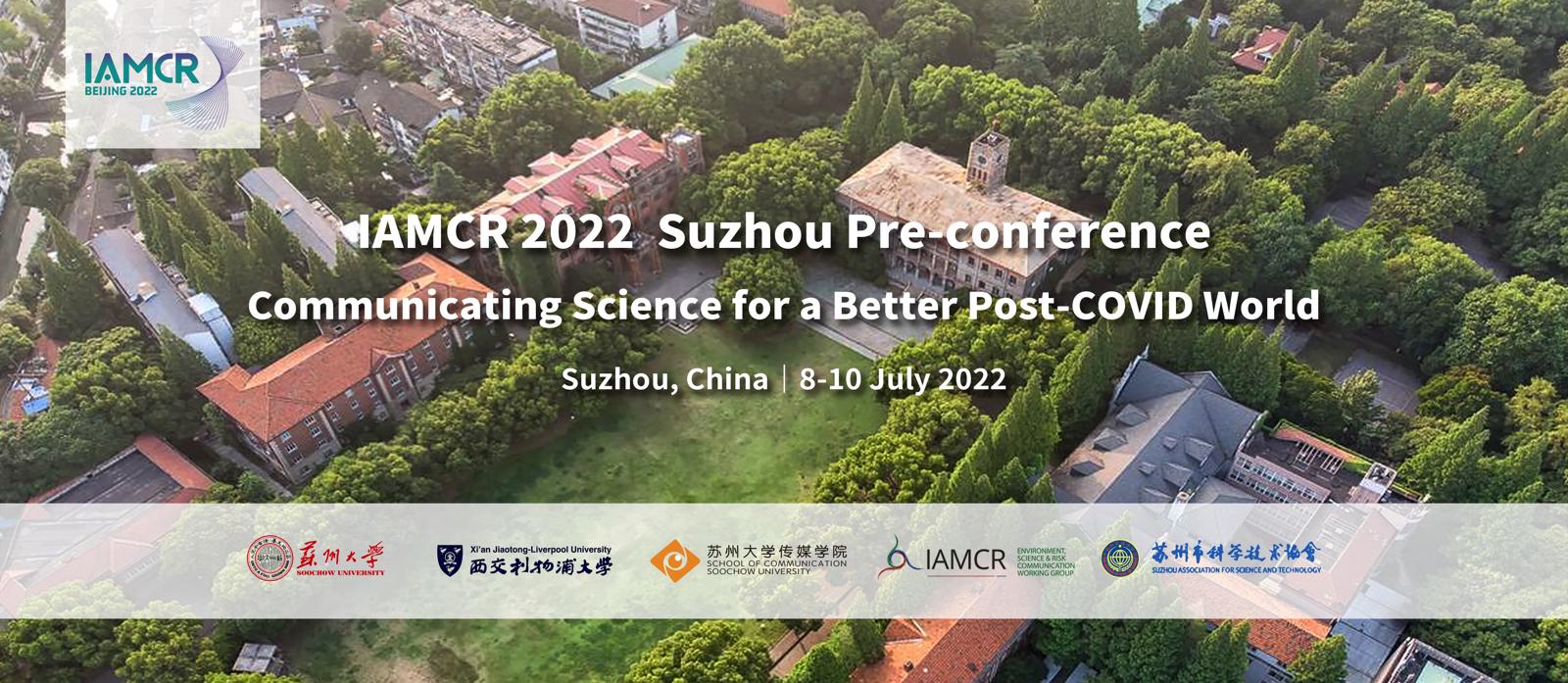During the COVID-19 pandemic, a slew of conspiracy theories proliferated, contributing to an information environment characterized by increased politicization and polarization of public health, and erosion of trust in institutions and leaders. Numerous studies examined the nature of conspiracy theories about the COVID-19 pandemic; however, the role that politically motivated processing of information may play in making individuals susceptible to different types of conspiracy theories has received scant attention. In this study, we distinguish between two politically-relevant factors: First, COVID-19 conspiracy theories (CCTs) as either politically neutral or directional (either favorable to the incumbent/governing politicians or the opposition). Second, health authorities could be either government regulated (e.g., health ministry) vs. independent ones (e.g., doctors’ association). Drawing from 1) motivated reasoning and 2) heuristic and systematic model (HSM), we investigate the politically motivated nature of CCTs by examining the associations between individuals’ reliance for COVID-19 news on either legacy or social media, their party identification, trust in health authorities, and their general conspiratorial mentality. In a large national survey conducted in late 2020 (N= 2239) in Turkey, a heavily politicized context, we found that not accounting for political biases could be misleading. While those with a strong conspiracy mentality were more likely to endorse all types of CCTs, people supporting the government were more susceptible to pro-government CCTs but less vulnerable to anti-government CCTs. Further, trust in neutral HA positively predicted belief in non-partisan and pro-government CCTs, but negatively predicted anti-government CCTs. Also, there was a positive association between legacy media reliance and beliefs in non-partisan CCTs; and the influence of media reliance on CCTs depended on the level of trust in HA, again showing political biases. We discuss the complicated nature of trust in health authorities and the endorsement of CCTs due to political biases and implications for the politicization of science and polarized public health at large.

 京公网安备 11010802039275号
京公网安备 11010802039275号